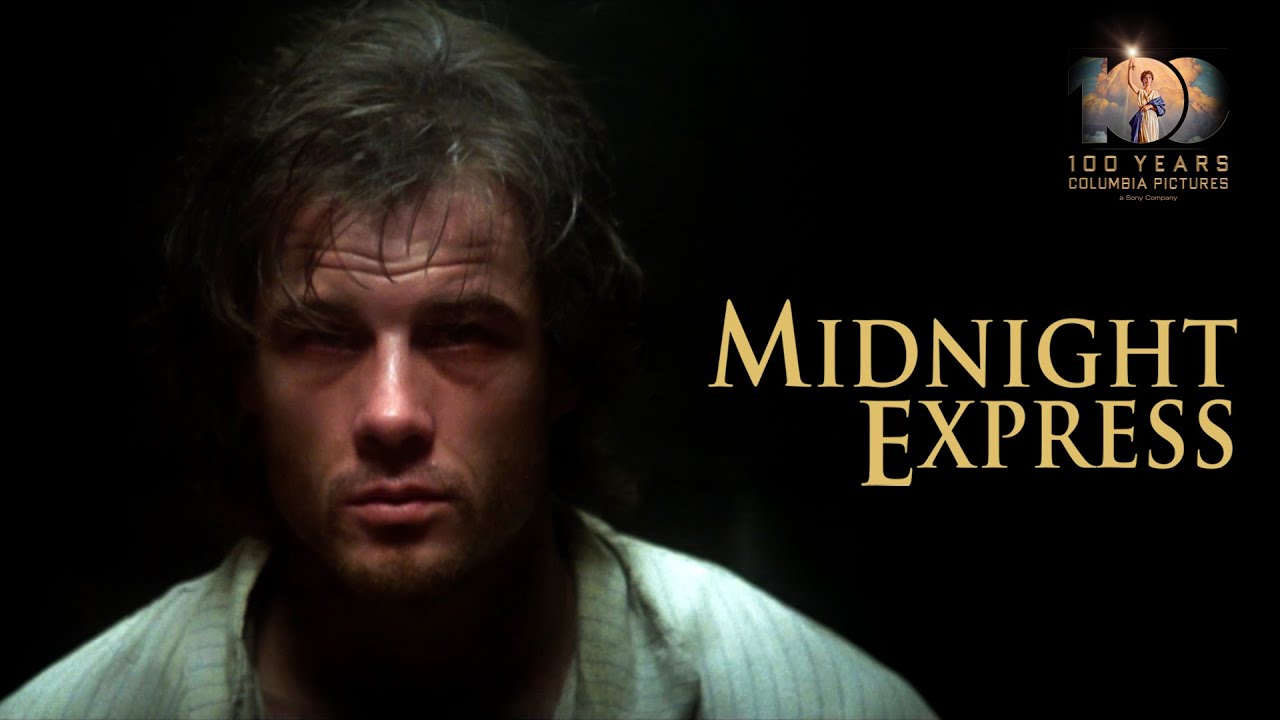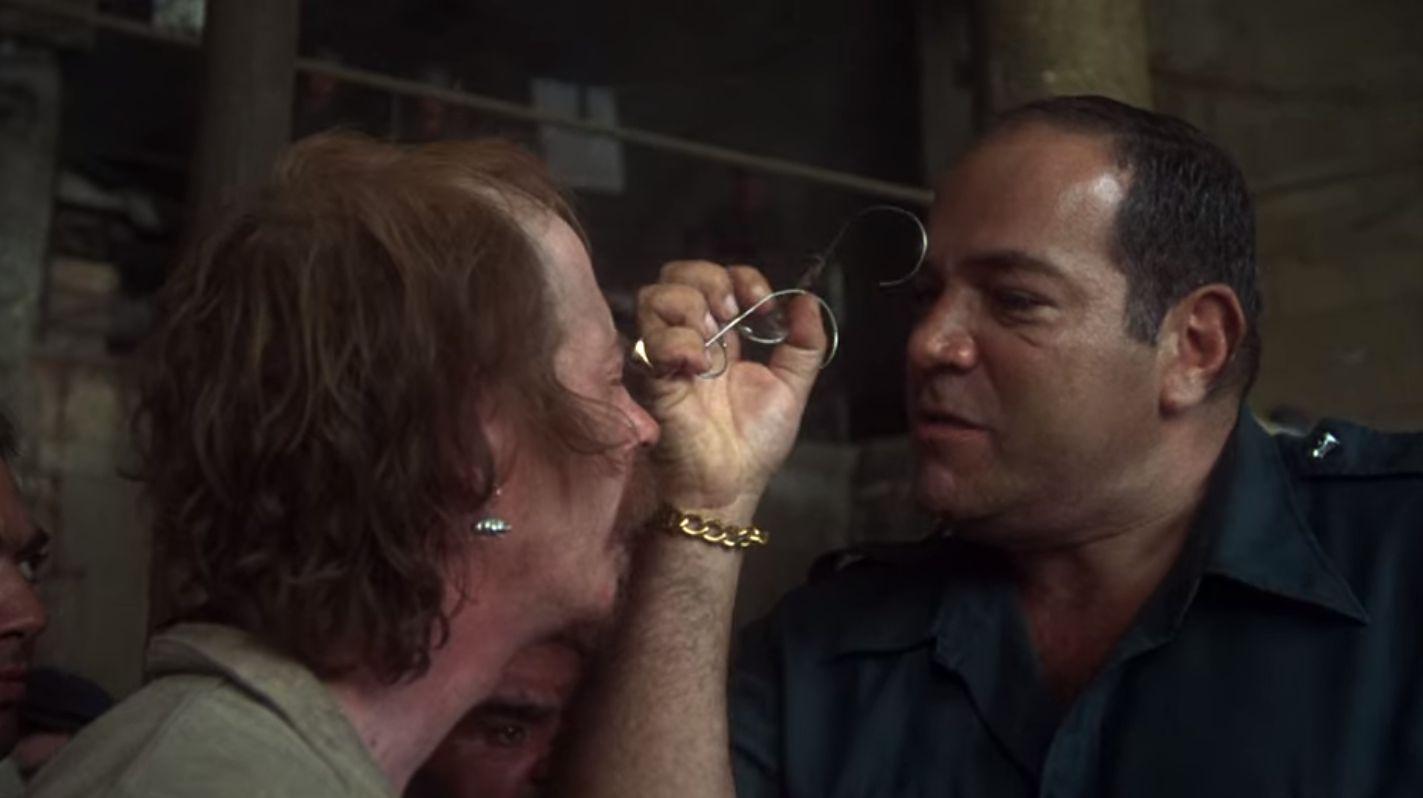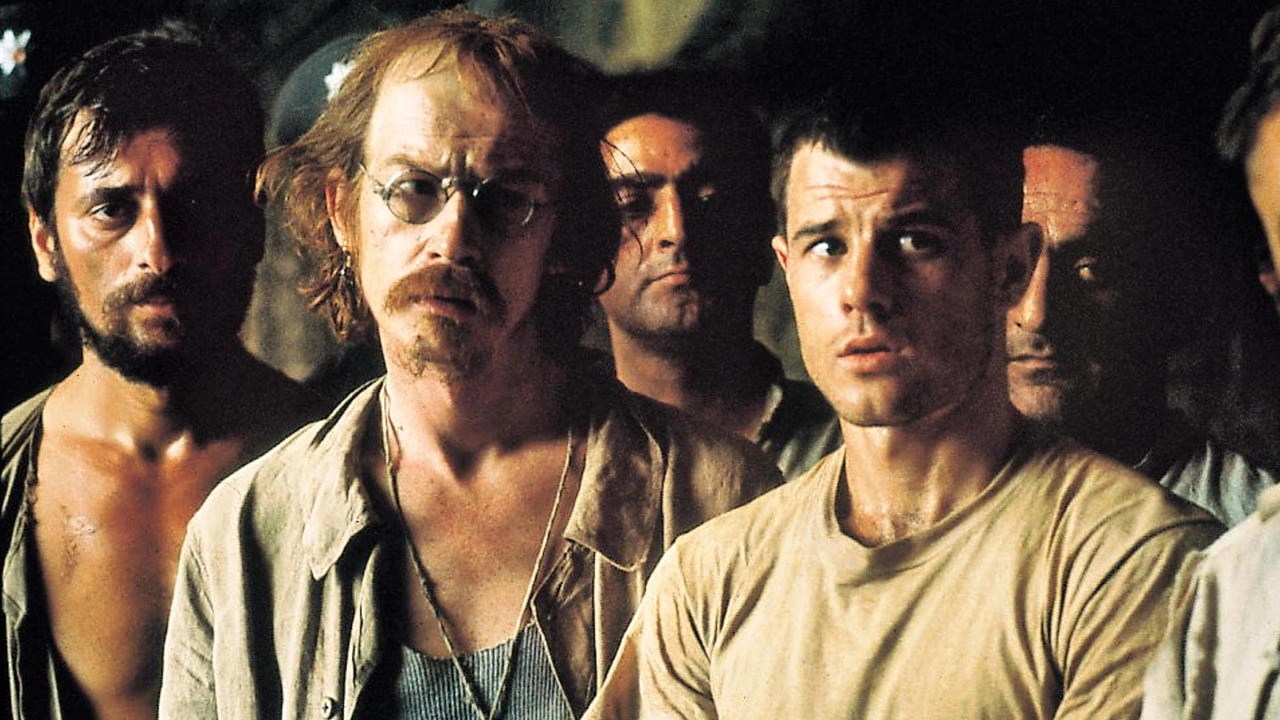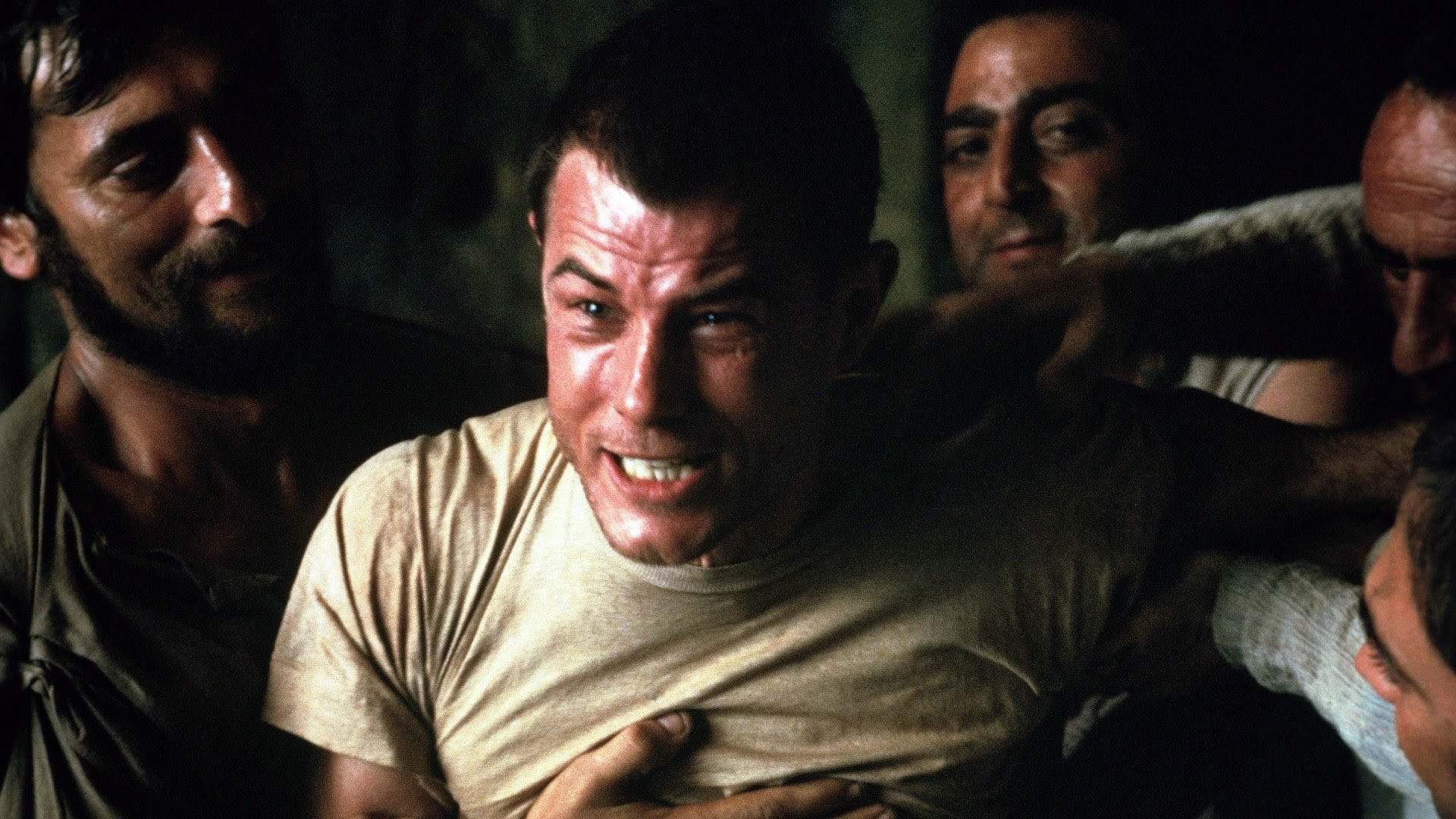Midnight Express (1978)

Midnight Express is a powerful drama directed by Alan Parker, based on the 1977 memoir by Billy Hayes. The film, adapted by Oliver Stone, tells the harrowing story of Hayes, a young American student who is arrested in Turkey for attempting to smuggle hashish out of the country. Released in 1978, the movie is a chilling portrayal of the inhumane conditions of a Turkish prison and the emotional and physical toll of incarceration.
The plot centers on Billy Hayes (played by Brad Davis), a student visiting Turkey who makes the fateful decision to smuggle drugs back to the United States. After being caught at the airport, Hayes is sentenced to a lengthy prison term in a notorious Turkish prison. The film captures his journey from the initial shock of his arrest to the grim reality of prison life, as he struggles to survive in an environment that is brutal, corrupt, and dehumanizing. Throughout the movie, Hayes’ emotional and physical breakdown becomes a focal point, showing the extreme pressures faced by individuals trapped in foreign legal systems.
One of the most striking aspects of Midnight Express is its portrayal of the Turkish prison system. The conditions depicted in the film are grim and oppressive, with scenes of physical abuse, overcrowding, and corruption. The oppressive environment is brought to life through vivid cinematography and intense performances, making it clear that the prison serves as more than just a backdrop for the story; it becomes a character in its own right. Hayes’ experience in the prison becomes a brutal test of his will to survive, and the film explores themes of human endurance, isolation, and the loss of identity in such a dehumanizing environment.
Brad Davis delivers a gripping performance as Billy Hayes, capturing the emotional turmoil of a man who goes from naivety and hopefulness to desperation and rage. His portrayal of Hayes’ gradual breakdown in the prison is both heartbreaking and captivating, drawing the audience into the emotional core of the film. The supporting cast, including actors such as Randy Quaid and Paolo Bonacelli, also deliver strong performances, contributing to the film’s sense of realism and emotional weight.

Midnight Express also deals with the psychological impact of incarceration, as Billy struggles not just with his physical imprisonment, but with the psychological toll it takes on him. The film explores themes of alienation, betrayal, and the psychological damage caused by years of confinement in a foreign prison system. As Hayes begins to lose hope and questions his own identity, the audience is forced to confront the deep psychological scars left by the prison system. The narrative asks questions about justice, the abuse of power, and the cost of freedom.

In terms of direction, Alan Parker’s vision for Midnight Express is intense and immersive. His direction creates a palpable sense of claustrophobia and despair, reflecting the inner turmoil of the protagonist. The film’s pacing is tight, ensuring that the tension never lets up as Hayes faces various obstacles, both physical and mental. The use of music, particularly the haunting score by Giorgio Moroder, further heightens the emotional impact, adding to the sense of isolation and hopelessness that permeates the film.

In conclusion, Midnight Express is a compelling and devastating drama that explores the horrors of imprisonment and the human will to survive under the most extreme conditions. With its intense performances, gripping story, and unflinching look at the dehumanizing effects of the prison system, the film remains a powerful portrayal of one man’s struggle for freedom. Alan Parker’s direction and Oliver Stone’s screenplay elevate the source material, making Midnight Express a poignant and thought-provoking film that leaves a lasting impact on viewers.











